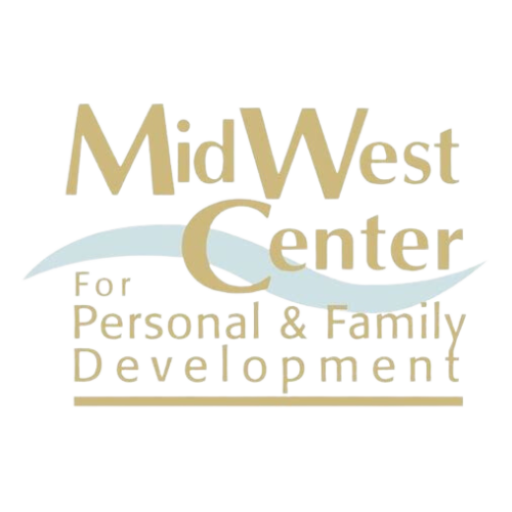Anger is a natural emotion, but when it becomes overwhelming or unmanageable, it can lead to negative consequences in both personal and professional relationships. Anger management therapy offers tools and techniques to help individuals express their feelings in healthier ways. Whether you’re seeking to manage your own anger or support someone else, understanding these strategies can make a significant difference.
Understanding Anger
Before diving into therapy techniques, it’s essential to recognize what anger is. Anger often arises from frustration, hurt, or feelings of injustice. It can manifest in various ways, from mild irritation to explosive outbursts. The goal of anger management is not to eliminate anger but to understand and express it constructively.
Effective Anger Management Techniques
1. Cognitive Behavioral Therapy (CBT)
CBT is a widely used approach that focuses on identifying and changing negative thought patterns that contribute to anger. By recognizing triggers and reframing thoughts, individuals can learn to respond to situations more calmly. Journaling can be a helpful tool in this process, allowing individuals to track their thoughts and feelings over time.
2. Mindfulness and Relaxation Techniques
Practicing mindfulness can help individuals stay present and reduce the intensity of their anger. Techniques include:
- Deep Breathing: Take slow, deep breaths to calm the body and mind. Try inhaling for a count of four, holding for four, and exhaling for four.
- Progressive Muscle Relaxation: Tense and then relax each muscle group, starting from your toes and working up to your head. This can help release physical tension associated with anger.
3. Communication Skills Training
Improving communication skills is crucial for managing anger. Techniques include:
- Using “I” Statements: Express feelings without blaming others. For example, say “I feel frustrated when…” instead of “You make me angry when…”
- Active Listening: Show empathy and understanding by truly listening to the other person’s perspective.
4. Behavioral Techniques
Behavioral strategies can help individuals develop better coping mechanisms. Some techniques include:
- Time-Outs: When feeling overwhelmed, take a break to cool down. This could mean stepping outside for a few minutes or finding a quiet space.
- Problem-Solving: Instead of reacting with anger, focus on finding solutions to the issue at hand. This can help redirect energy toward constructive outcomes.
5. Physical Activity
Engaging in regular physical exercise can be an excellent outlet for frustration and anger. Activities like running, dancing, or even brisk walking can release endorphins, improve mood, and reduce stress.
Tips for Managing Anger in Daily Life
- Identify Triggers: Keep a diary to note what situations provoke your anger. Understanding these triggers can help you anticipate and manage your reactions.
- Practice Empathy: Try to understand the perspectives of others. Putting yourself in someone else’s shoes can diffuse anger and promote compassion.
- Limit Alcohol and Caffeine: Both substances can exacerbate feelings of irritability and anger. Moderation is key.
- Set Realistic Expectations: Recognize that not everything will go your way. Adjusting expectations can help reduce frustration and anger.
- Seek Professional Help: If anger is affecting your daily life, consider seeking help from a therapist or counselor who specializes in anger management.
Anger management therapy provides valuable techniques and insights for understanding and managing this powerful emotion. By incorporating these strategies into your life, you can foster healthier relationships, improve communication, and ultimately lead a more fulfilling life.
Learn more about our therapists and counselors.


